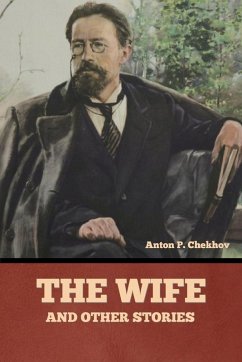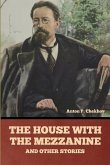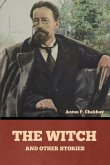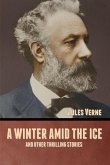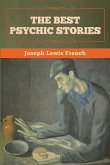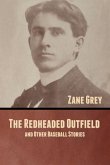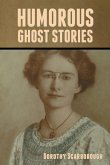"The Wife and Other Stories" is a collection of short stories by Anton Pavlovich Chekhov, one of Russia's greatest literary figures and a master of the short story form. The title story, "The Wife", was originally published in 1892 and reflects Chekhov's typical themes: human psychology, social injustice, isolation, and the gap between ideals and reality. The story revolves around Pavel Andreitch, a landowner and bureaucrat, and his wife Natalya. Set against the backdrop of rural Russia, a famine breaks out, and Pavel is called upon to help the suffering peasants. His passive and somewhat cynical attitude contrasts with his wife's growing social conscience. The story examines moral inertia, marital estrangement, and the responsibility of the privileged. Chekhov explores how people in positions of power often rationalize their inaction, even in the face of visible suffering. About the Author Anton Pavlovich Chekhov (29 January 1860 - 15 July 1904) was a Russian playwright and short-story writer, widely considered to be one of the greatest writers of all time. His career as a playwright produced four classics, and his best short stories are held in high esteem by writers and critics. Along with Henrik Ibsen and August Strindberg, Chekhov is often referred to as one of the three seminal figures in the birth of early modernism in the theatre. Chekhov was a physician by profession. "Medicine is my lawful wife," he once said, "and literature is my mistress." Chekhov renounced the theatre after the reception of The Seagull in 1896, but the play was revived to acclaim in 1898 by Konstantin Stanislavski's Moscow Art Theatre, which subsequently also produced Chekhov's Uncle Vanya and premiered his last two plays, Three Sisters and The Cherry Orchard. These four works present a challenge to the acting ensemble as well as to audiences, because in place of conventional action Chekhov offers a "theatre of mood" and a "submerged life in the text." The plays that Chekhov wrote were not complex, and created a somewhat haunting atmosphere for the audience. Chekhov began writing stories to earn money, but as his artistic ambition grew, he made formal innovations that influenced the evolution of the modern short story. He made no apologies for the difficulties this posed to readers, insisting that the role of an artist was to ask questions, not to answer them. (wikipedia.org)
Bitte wählen Sie Ihr Anliegen aus.
Rechnungen
Retourenschein anfordern
Bestellstatus
Storno

